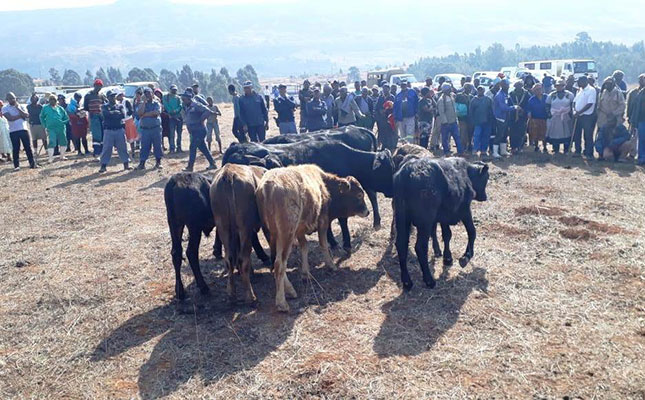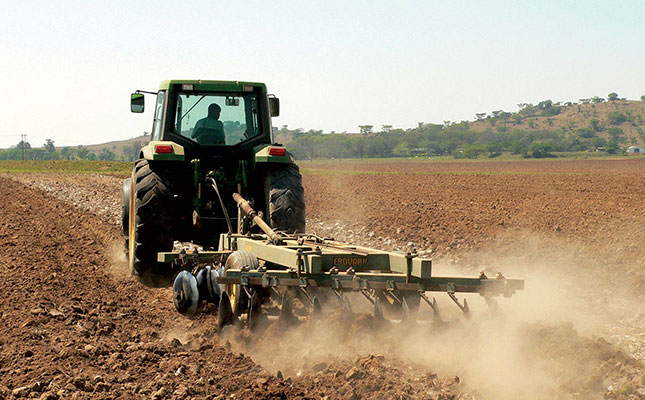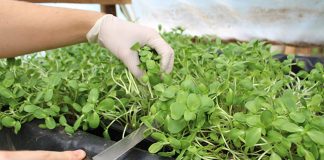
Photo: KZN SAPS
A recent three-day operation between the South African Police Service (SAPS) and the Lesotho government saw more than 230 head of stolen livestock recovered in an area stretching from Bergville in KwaZulu-Natal to Phuthaditjhaba in the Free State.
READ Namibia’s small-stock export scheme suspended
This largely mountainous and often remote region adjoins the border with Lesotho.
KwaZulu-Natal SAPS spokesperson, Lieutenant Colonel Thulani Zwane, said that as part of Operation Servamus, carried out last week, road blocks, stop-and-search operations, and police inspections of livestock pounds, homestead kraals, butcheries and abattoirs, were carried out.
“During the operation, a total of 117 stolen cattle, 107 stolen goats, four sheep and seven horses were seized. Drugs such as whoonga, tik, and dagga, as well as dangerous weapons and expired goods, were also seized during the operation.”
READ Additional vehicles to combat crime in the Free State welcomed
Zwane added that 25 suspects were arrested for various crimes, including nine who were charged for failing to brand their livestock as required by law.
Freddie van Tonder, a former commander of the SAPS stock theft unit in KwaZulu-Natal and now a stock theft consultant to the KwaZulu-Natal Red Meat Producers’ Organisation, applauded the outcomes of Operation Servamus, and described it as a “show of force” against existing and would-be stock thieves and other local and cross-border criminals.
“Stock theft is a priority crime and in KwaZulu-Natal the Bergville area has the highest number of reported stock theft cases. Both large-scale and small-scale livestock owners in South Africa and Lesotho are victims of ongoing stock theft. For small-scale livestock owners the theft of only a few animals can be financially devastating,” said Van Tonder.
He explained that stock theft was increasingly being carried out by organised syndicates that used remote and mountainous terrain to move and hide stolen animals until it was safe to either transport them somewhere else for sale, or to incorporate them into their own herds or flocks.
READ Jobs and safety to take centre stage in the Western Cape
“Unbranded animals are ideal for stock thieves because they can then brand the animals with their own brand-mark and sell them via formal sales. The current average value of a stolen cow is R8 000, so the 117 cattle recovered in this operation alone were collectively worth at least R936 000.
“The per-cow value does not factor in the potential value of this animal as breeding stock and the offspring that it could produce,” Van Tonder added.
The SAPS recorded 6 322 stock theft cases in KwaZulu-Natal during the 2017/2018 financial year, which was the highest provincial stock theft figure nationwide during that period.











